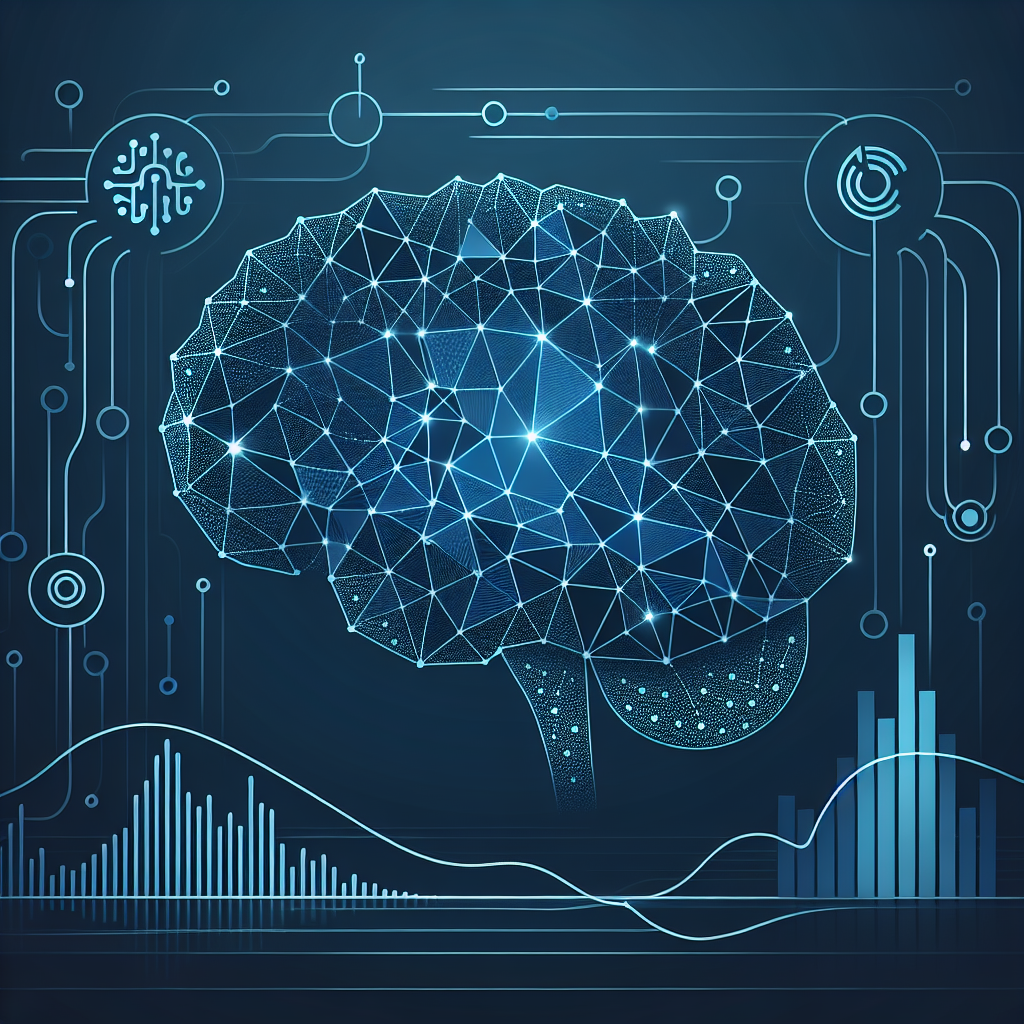
The ROI of AI in Enterprise Software Development: Uncovering Tangible Benefits
In today’s rapidly evolving technological landscape, artificial intelligence (AI) has emerged as a game-changer in enterprise software development. But with significant investments required, decision-makers are increasingly asking: What’s the real return on investment (ROI) for AI in this context? This article delves into the tangible benefits of AI implementation in enterprise-level software development processes and provides a clear picture of its ROI.
Table of Contents
- Understanding AI in Enterprise Software Development
- Key Areas Where AI Drives ROI
- Calculating the ROI of AI Implementation
- Case Studies: AI Success Stories
- Challenges and Considerations
- Future Outlook: AI in Software Development
Understanding AI in Enterprise Software Development
Before diving into ROI calculations, it’s crucial to understand how AI is transforming enterprise software development. AI technologies, including machine learning, natural language processing, and predictive analytics, are being integrated into various stages of the software development lifecycle, from planning and coding to testing and maintenance.
Key Areas Where AI Drives ROI
AI implementation in enterprise software development yields benefits across multiple dimensions:
-
Increased Productivity: AI-powered tools can automate repetitive tasks, allowing developers to focus on more complex, value-adding activities.
-
Improved Code Quality: AI can detect bugs and vulnerabilities early in the development process, reducing the cost of fixes and improving overall software quality.
-
Faster Time-to-Market: By streamlining processes and enhancing decision-making, AI can significantly reduce development cycles.
-
Enhanced User Experience: AI-driven insights can help create more intuitive, personalized software interfaces.
-
Predictive Maintenance: AI algorithms can anticipate system failures, enabling proactive maintenance and reducing downtime.
Calculating the ROI of AI Implementation
To calculate the ROI of AI in software development, consider the following formula:
ROI = (Net Benefit of AI Implementation / Cost of AI Implementation) x 100%
Let’s break this down with an example:
Suppose a large enterprise implements AI tools in its software development process with the following figures:
- Cost of AI Implementation: $500,000 (including software, training, and integration)
- Annual Benefits:
- Productivity Increase: $300,000
- Bug Reduction: $200,000
- Faster Time-to-Market: $400,000
- Total Annual Benefit: $900,000
Calculation:
ROI = ($900,000 - $500,000) / $500,000 x 100% = 80%
In this scenario, the ROI of AI implementation is 80%, indicating a significant positive return on the investment.
Case Studies: AI Success Stories
Several enterprises have already reaped substantial benefits from AI implementation in their software development processes:
-
IBM: Reported a 50% reduction in testing time and a 10% increase in defect detection using AI-powered testing tools.
-
Microsoft: Achieved a 40% improvement in developer productivity by integrating AI into their code review process.
-
Google: Reduced energy consumption in their data centers by 40% using AI for cooling system optimization.
These real-world examples underscore the potential for significant ROI when AI is strategically implemented in enterprise software development.
Challenges and Considerations
While the potential ROI of AI in software development is compelling, it’s important to consider potential challenges:
- Initial implementation costs can be high
- Resistance to change among development teams
- Need for ongoing training and skill development
- Data privacy and security concerns
Addressing these challenges proactively is crucial for maximizing the ROI of AI implementation.
Future Outlook: AI in Software Development
As AI technologies continue to evolve, their impact on enterprise software development is expected to grow. Future trends include:
- Increased use of AI in requirements gathering and project planning
- More sophisticated code generation capabilities
- Enhanced predictive analytics for project management
- Greater integration of AI with DevOps practices
Enterprises that invest in AI now are likely to see even greater returns as these technologies mature and become more integral to the software development process.
Conclusion
The ROI of AI in enterprise software development is not just promising—it’s already being realized by forward-thinking organizations. By automating tasks, improving code quality, speeding up development cycles, and enhancing user experiences, AI is transforming the way enterprise software is created and maintained.
While challenges exist, the potential benefits far outweigh the costs for most enterprises. As AI technologies continue to advance, their impact on software development ROI is only expected to increase. For businesses looking to stay competitive in the digital age, investing in AI for software development isn’t just smart—it’s becoming essential.
Are you considering implementing AI in your enterprise software development process? What potential benefits or challenges do you foresee? Share your thoughts and experiences in the comments below, and let’s continue this important conversation.